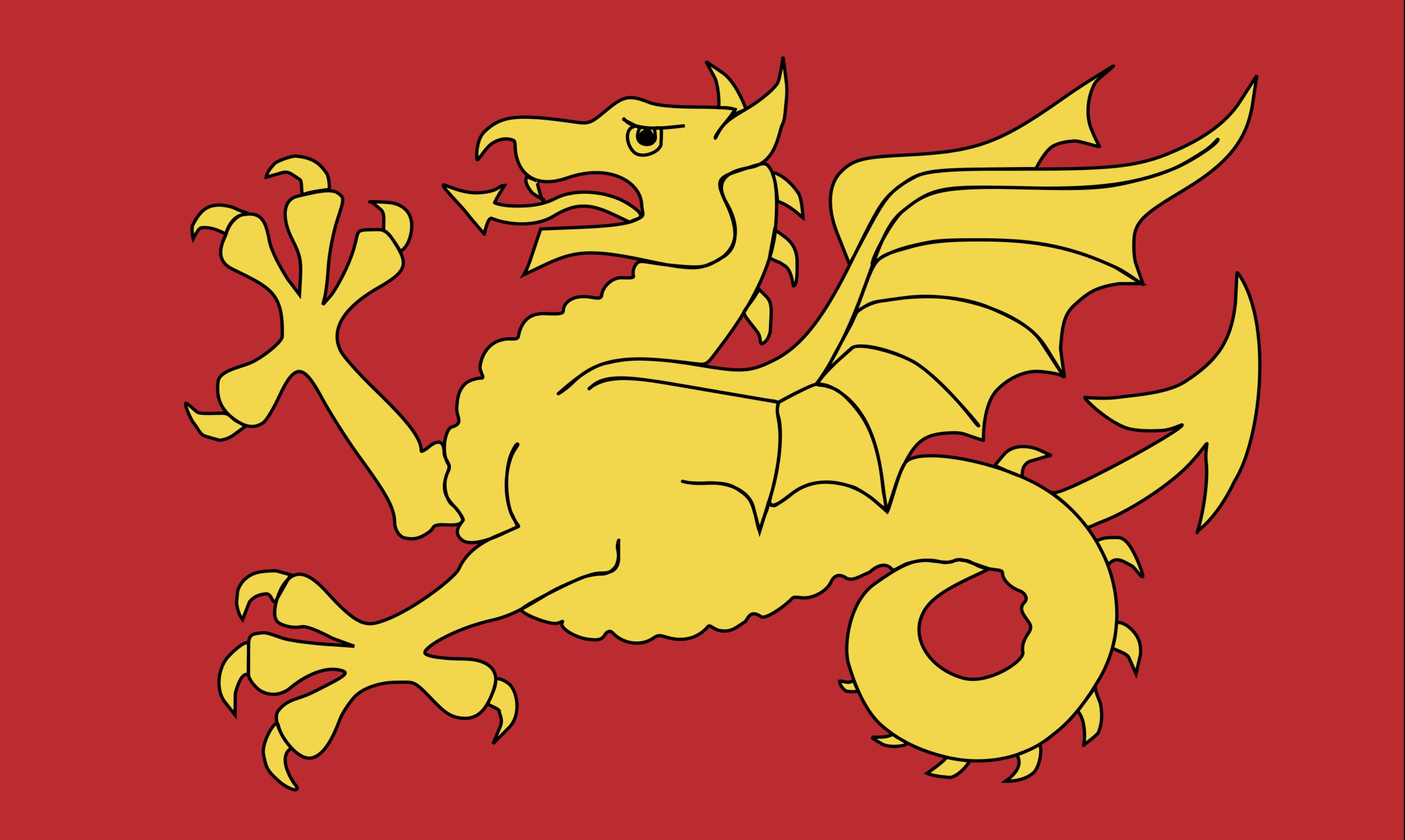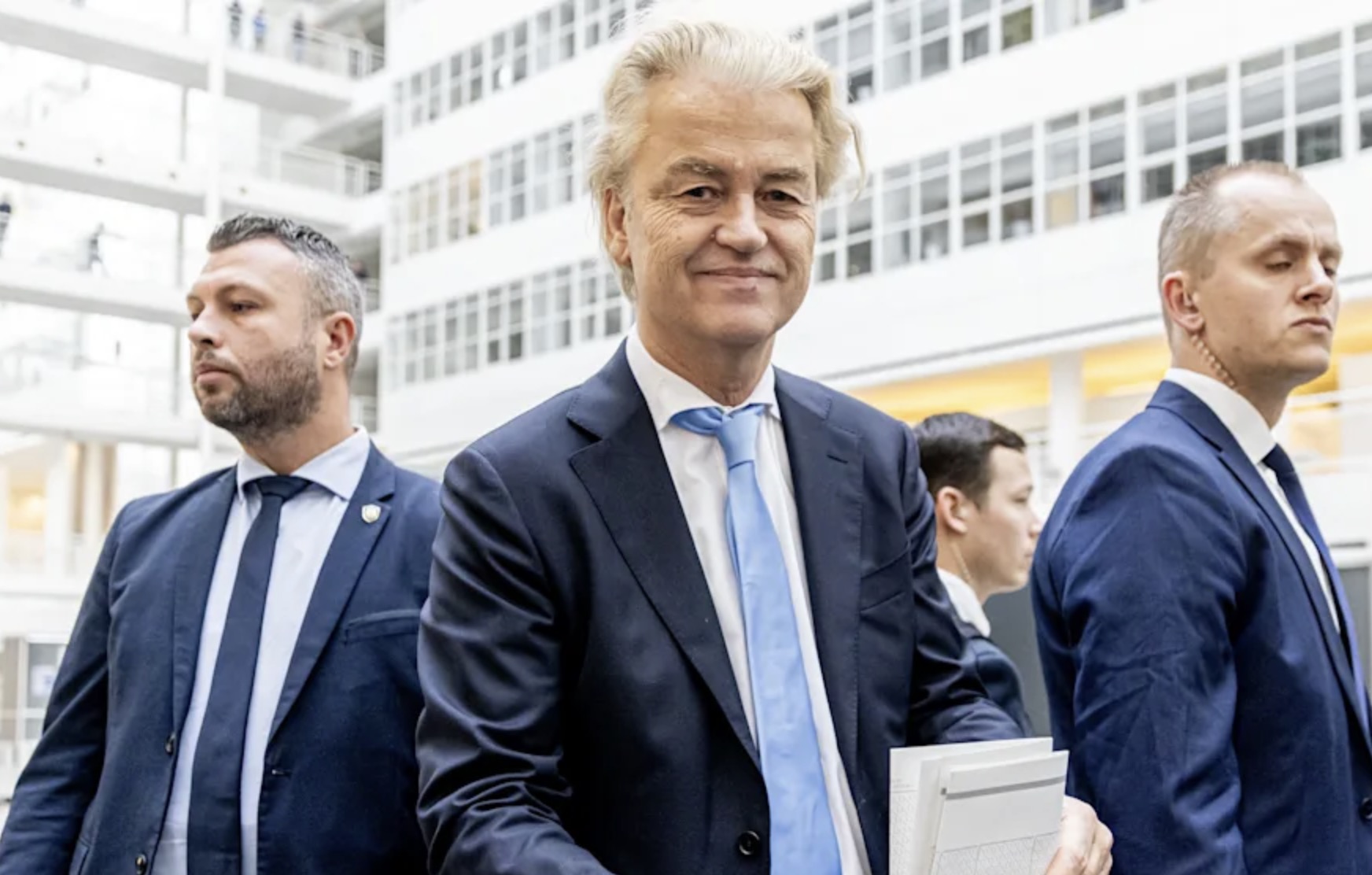| Issue November-26 | ||
 |  |
|
| ·Home ·Politics ·News ·Sport ·Life ·Culture ·World ·Essays ·About | ·Archive | |
| ||||||||||||||
| Holland experiences hard right shift in general election. |
 |
The PVV party of right-wing populist Geert Wilders (60) has emerged as the strongest force in the parliamentary elections. According to a forecast published by the Ipsos Institute shortly after the polls closed on Wednesday evening, the right-wing populist PVV has 35 of the 150 seats in parliament. According to the forecast, 23 seats will go to the conservative VVD party of Prime Minister Mark Rutte (56) and its lead candidate Dilan Yesilgöz (46). 26 seats went to the center-left alliance Groenlinks/PvdA. The election is considered historic. After 13 years under Mark Rutte, a neck-and-neck race between the right-wing populists, the VVD and the red-green alliance was expected before the election. Around 13.3 million eligible voters were called to cast their vote. Wilders' PVV has made steady gains in the polls in recent weeks. The conservative VVD lead candidate Yesilgöz had said at the beginning of the election campaign that she would not rule out Wilders as a coalition partner from the outset. Outgoing VVD Prime Minister Mark Rutte, on the other hand, had always rejected cooperation with Wilders. After his anticipated victory, Wilders reaffirmed his determination to take over the government: "The PVV wants (...) to work together with other parties, and that means that all parties - including ours - have to jump over their shadows". He makes it clear: "We want to govern. And with 35 seats, we will govern." However, it remains to be seen which government will be formed. The conservative VVD top candidate Dilan Yesilgöz. The politician with Turkish-Kurdish roots is currently Minister of Justice Wilders pursues a tough anti-Islam policy. Among other things, he wants to close all mosques and ban the Koran. During the election campaign, however, he struck a more moderate tone and said that the fight against Islam was not currently a priority. Instead, he wants to close the borders for asylum seekers. However, Wilders' slogans included not only "Islam does not belong in the Netherlands", but also "More staff in care" and "Lower rents and taxes". Political scientists consider this mixture of right-wing slogans and classic left-wing demands to be the 60-year-old's recipe for success. Mark Rutte was the longest-serving prime minister in Dutch history The early parliamentary election had become necessary after Rutte's center-right coalition collapsed in the summer after just 18 months in office. The reason: a dispute over migration policy. Rutte, the longest-serving prime minister in Dutch history, then announced his departure from national politics and now wants to become NATO Secretary General. However, he will remain in office until a new government takes office. Source: AFP/dpa/Reuters -pw- |
| ||||||||||||||||